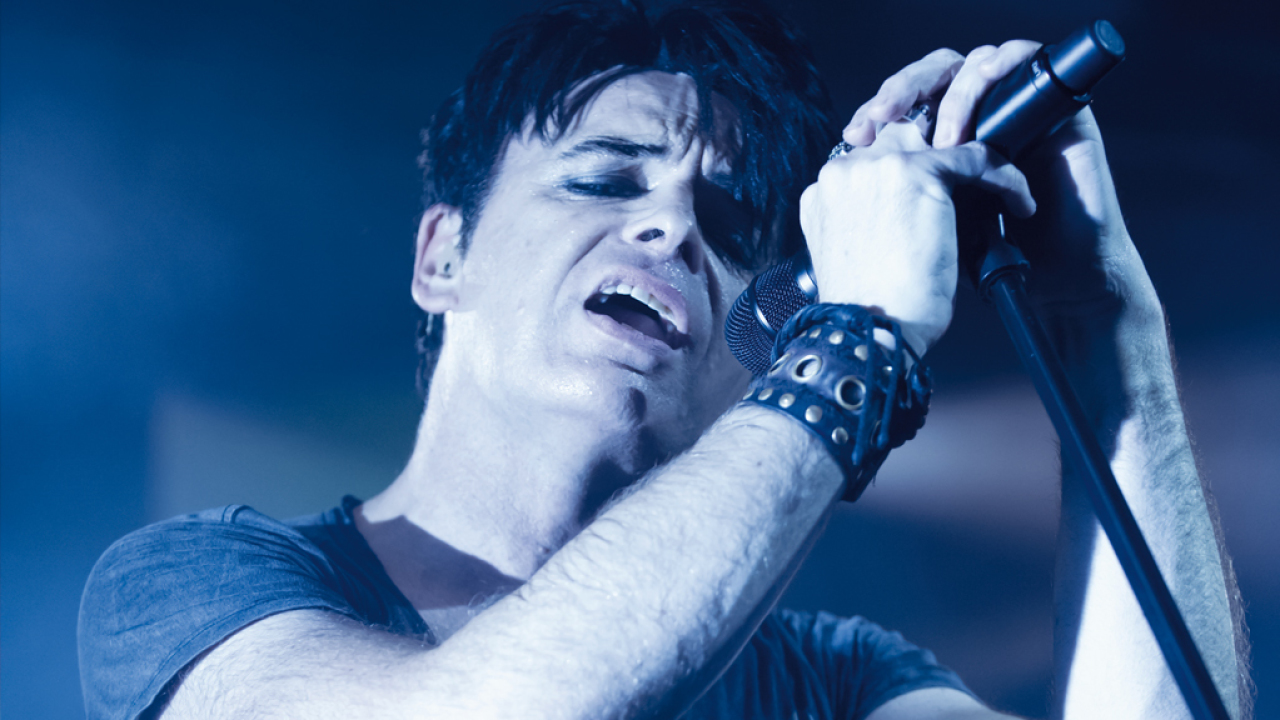Detractors will often argue that synthesisers took the human emotion out of pop music.
I think the complete opposite. You can play the same melodies as someone with a guitar or piano and make it sound just as heartfelt. But the synthesiser also lets you shape the very sound itself that conveys that emotion.
The first Tubeway Army album was intended to be guitar-based, but then you discovered a Minimoog synth in the studio.
The first thing that attracted me to the Minimoog was the power of it. The very first sound that came up was that really heavy, low-end growl that it’s so good at. And the whole room shook. You could plug a guitar into as many Marshall stacks as you like and it wasn’t going to do that.
Did you have to fight to get that album released in 1978?
Oh yeah. I took the recording back to Beggars Banquet and the two directors – Martin Mills and Nick Austin – weren’t happy. It wasn’t the punk-pop crossover they were expecting. But I was really passionate about it. I was convinced that sort of music was going to become massive. We had a row, which got more and more heated. In the end, Martin said: “Look, let’s go for it and see what happens.”

